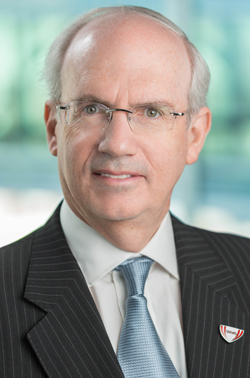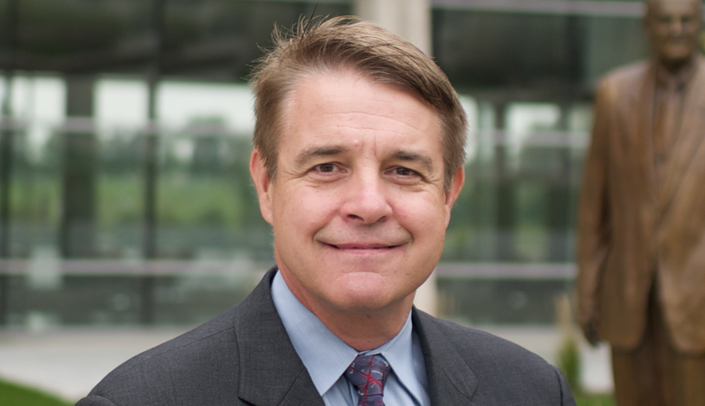The University of Nebraska Board of Regents approved a two-year budget request Friday that would attract talent, meet workforce needs through education and grow Nebraska’s economy, Interim President James Linder, M.D., said.
The proposed 2015-2017 request is due to the governor and Legislature in September.
A history of partnership
“The University of Nebraska has a long and successful history of partnering with the state to achieve our shared goals for attracting and developing talent, fostering research and innovation, and providing affordable, high-quality education that meets Nebraska’s workforce needs,” Dr. Linder said. “We expect to continue that partnership by working together to advance University of Nebraska economic development initiatives that serve citizens and businesses across the state.”
Dr. Linder noted that the university has identified a number of initiatives that would benefit from additional investment — including those focused on engineering and information sciences, health care, national security, public-private partnerships and rural development — all of which are key university strengths and critical to Nebraska and its economy.
Dr. Gold: Budget “anticipates the future”
UNMC Chancellor Jeffrey P. Gold, M.D., praised the budget request, saying the request “anticipates the future, builds on the university’s strengths, and keeps students and Nebraskans top-of-mind.”
 |
UNMC Chancellor Jeffrey P. Gold, M.D. |
Dr. Gold lauded the university’s proposed economic competitiveness initiative, which would invest an additional $20 million in areas that “represent strengths from which the university can move to the next level,” he said. Among those six areas are the Health Science Education Complex, a collaboration between UNMC and UNK that will significantly expand nursing and allied health programs in Kearney; the National Strategic Research Institute, which supports the mission of US-STRATCOM to combat weapons of mass destruction; and public-private partnerships that advance the role of each campus as an economic driver.
“The Health Science Complex at UNK is a model of collaboration that addresses critical workforce needs in Nebraska,” Dr. Gold said. “And, the public-private partnerships will continue to guarantee Nebraska’s competitiveness in the global market for business and jobs.”
Competitive compensation
Dr. Gold also praised the efforts to assist UNMC in providing competitive compensation for employees. The budget request includes support for targeted investments to help faculty and staff salaries catch up to peer institutions. Formal salary requests are not made until collective bargaining on the UNO and UNK campuses has concluded.
“The proposed targeted investment in salaries will enable UNMC to compete effectively in the global marketplace for those with creative ideas and productive achievements,” Dr. Gold said.
